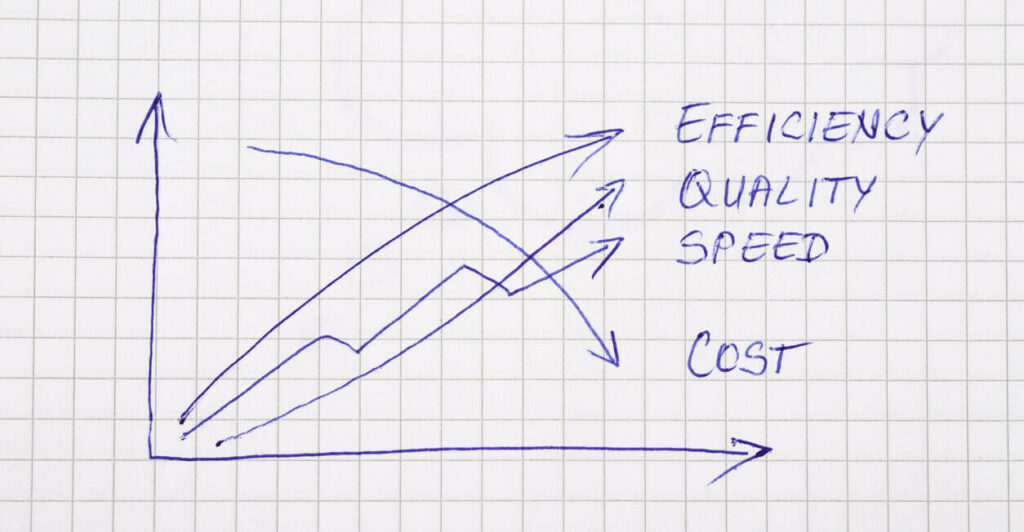
Law Firms Are Implementing Law Practice Management to Build a Better Practice
AbacusNext recently commissioned a survey of law firms’ activity and decisions about software. The results revealed that 65% of all firms selected the need to increase efficiency and build a better practice as their motivation for adopting their practice management technology. Growing focus on efficiency Legal practice management software providers







